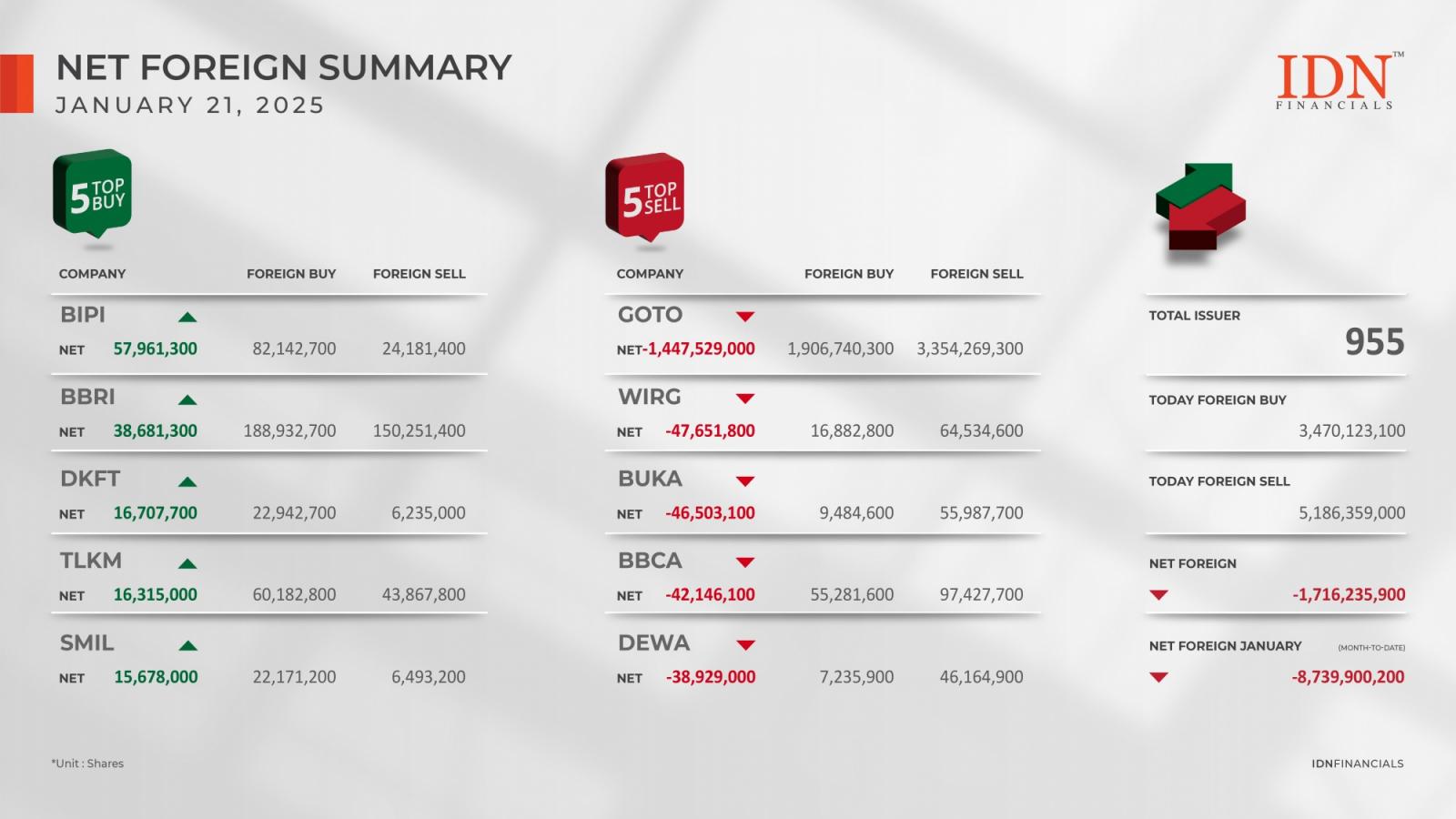The US state of North Carolina, on Wednesday, won majority of votes from the Senate on the bill that seeks to ban central bank digital currencies (CBDCs). The legislation has moved to the Governor’s desk for approval.
If signed into law, the state can no longer involve in the Federal Reserve branch’s testing of any future CBDC. Further, it would also prohibit North Carolina agencies and courts from accepting any payments using CBDC, the bill noted.
According to Carolina Journal, the Bill 690 received a 109-4 vote from the Senate on Wednesday. This is an increase form 39-5 vote, recorded on Tuesday.
Sen. Brad Overcash, noted that the legislation aims to dissuade the federal government from moving forward with CBDC plan. The plan would “threaten” one of the main global currencies – dollar, he added.
The bill sends a strong message to the government that North Carolina is uninterested in a CBDC, Overcash said.
“This would bar our state agencies or courts from accepting a central bank digital currency, and it would also bar them from participating in a pilot project if one were to be initiated by any of the Federal Reserve Banks.”
Sen. Overcash told the Journal that this marks an “important step” to uphold the stability of US financial sector.
US Policy Makers Against Federal-Issued CBDCs
The ‘CBDC Anti-Surveillance State Act’ proposed by Majority Whip Tom Emmer in May, sought to block the US central bank from continuing efforts toward developing a digital dollar. The act expressed concerns that a US CBDC would control Americans.
During a federal Senate Banking Committee hearing in March, Fed Chair Jerome Powell said that US is “nowhere near” adopting a CBDC in any form.
Apart from North Carolina, the Florida legislature and Gov. Ron DeSantis has been highly vocal against a CBDC. Last year, he signed a bill banning CBDCs in the state.





